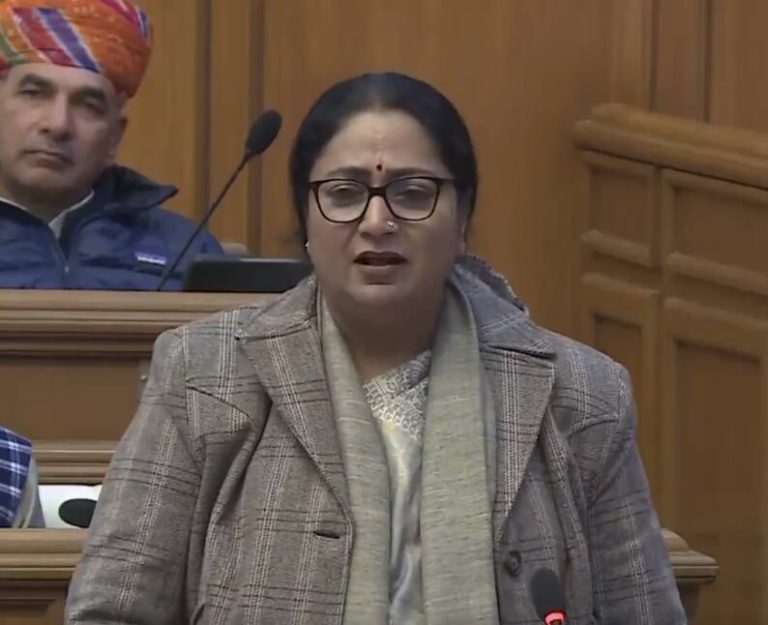
India slips 13 ranks in latest global climate change performance
The latest Climate Change Performance Index (CCPI) has revealed a shocking decline in India’s ranking, with the country slipping 13 places to 23rd position. This significant drop marks India’s biggest decline in recent years, as the country had previously remained in the top 10 for six consecutive years. The CCPI, released by Germanwatch at the UN COP30 Summit in Brazil, evaluates 63 countries and the European Union on their performance in four key areas: emissions, renewable energy, energy use, and climate policy.
The CCPI is a widely recognized benchmark for assessing countries’ efforts to combat climate change. It takes into account various parameters such as greenhouse gas emissions, the share of renewable energy in the energy mix, energy efficiency, and climate policy. The ranking is based on a thorough analysis of data from various sources, including the International Energy Agency (IEA), the United Nations Framework Convention on Climate Change (UNFCCC), and the European Environment Agency (EEA).
India’s decline in the CCPI ranking is a cause for concern, as the country has been consistently ranked among the top 10 performers in the past. The country’s previous ranking was largely due to its ambitious renewable energy targets, energy efficiency measures, and climate policy initiatives. However, the latest report suggests that India’s progress has slowed down, and the country needs to accelerate its efforts to meet its climate goals.
One of the key areas where India has fallen behind is in the reduction of greenhouse gas emissions. Despite its ambitious targets to reduce emissions, India’s carbon footprint has continued to rise, mainly due to the growing demand for energy. The country’s reliance on fossil fuels, particularly coal, has been a major contributor to its emissions. The CCPI report highlights the need for India to transition to cleaner energy sources and improve energy efficiency to reduce its emissions.
Another area where India needs to improve is in the development of renewable energy. Although the country has made significant progress in renewable energy, particularly in solar and wind power, the pace of growth has slowed down in recent years. The government’s target of achieving 40% of its energy from non-fossil fuels by 2030 is ambitious, but it requires a significant increase in the deployment of renewable energy technologies.
The CCPI report also highlights the need for India to strengthen its climate policy framework. The country has made significant progress in developing policies and programs to address climate change, but the implementation of these initiatives has been slow. The report suggests that India needs to enhance its climate governance, increase public awareness, and promote private sector participation to achieve its climate goals.
The decline in India’s CCPI ranking has significant implications for the country’s climate change mitigation efforts. The country needs to reassess its strategies and accelerate its efforts to reduce emissions, promote renewable energy, and improve energy efficiency. The government, private sector, and civil society need to work together to address the challenges and opportunities in the transition to a low-carbon economy.
In conclusion, India’s slip in the CCPI ranking is a wake-up call for the country to accelerate its climate change mitigation efforts. The government needs to take immediate action to address the challenges and opportunities in the transition to a low-carbon economy. The private sector and civil society also have a critical role to play in promoting sustainable development and reducing India’s carbon footprint. As the country moves forward, it is essential to prioritize climate action and ensure that the country’s development is sustainable, equitable, and environmentally conscious.
News Source: https://www.ptinews.com/editor-detail/india-falls-13-places-in-latest-global-climate-change-performance/3110385





